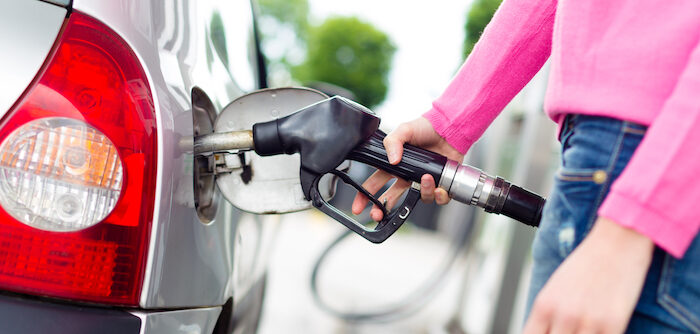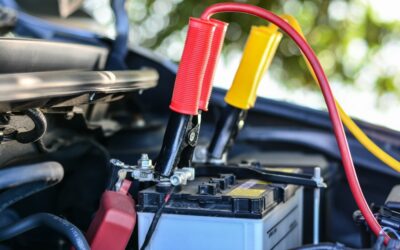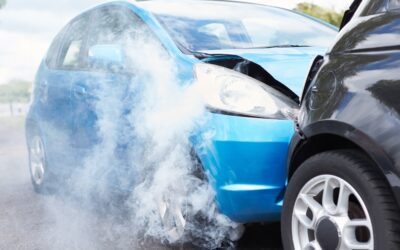In early 2022 we saw historically high fuel prices in the UK. Though prices have fallen a little since, they remain at record highs. So it’s never been more important to prioritise fuel efficiency. In this post we’ll explore a number of fuel saving tips that’ll help you make the most of every drop of petrol or diesel in your car or van.
When Is Fuel Consumption At Its Highest?
Fuel consumption is at its highest when you accelerate. So the harder you accelerate, the more fuel you’ll burn. Smooth driving can help you save fuel. Accelerate as gently as possible, allowing yourself to gradually pick up speed rather than going for a short, violent burst of acceleration. So when you’re waiting at lights and junctions, make sure you’re primed and ready to go, with your clutch at the biting point, and you won’t have to rev your engine too much. Also remember that, when you take your foot off the accelerator, momentum will continue to carry you forward – so there’s no need to keep your foot on the accelerator at all times. Momentum is particularly useful when you’re travelling downhill. Just make sure you keep your brakes covered, and you can save a lot of fuel without compromising on control. Fuel consumption is also high when you’re idling in traffic. This is why many modern cars are fitted with engines that shut off automatically when you’re not moving.
Stay On Top of Vehicle Maintenance
Regular maintenance is important for a number of reasons. Ensuring that everything in your car and van is in good working order will help to keep you safe on the road. But it can also help to improve your fuel efficiency. If there’s anything wrong with your engine or your electrics, then your vehicle might be burning more fuel than necessary to keep you going. Head here to read our full guide to regular vehicle maintenance – which includes some tips on the sort of routine checks you should make. One area to pay particular attention to is your tyres. If they’re too worn, it can increase your stopping speed and reduce your traction, both of which can make accidents more likely. But worn tyres are also bad for fuel efficiency, as your vehicle will have to work much harder to make any progress. Here is our guide to keeping on top of your tyre maintenance.
Keep Things As Light As Possible
The heavier the load you’re carrying, the harder your vehicle will have to work to keep you going. Try to avoid carrying excessively heavy loads, and you can make a huge difference to your fuel efficiency. This might be easier said than done if you drive a van. Your livelihood might depend on routinely carrying heavy loads. That’s why it’s best to choose a van that prioritises fuel efficiency. Some vans work hard to deliver an excellent mileage even when fully-loaded. If you are considering buying a van then it is worth reading up on the best vans for fuel efficiency.
Try To Limit Your Journeys
Finally, a large number of short journeys will burn more fuel than a short number of larger journeys. So for every journey you plan, ask yourself – is it really necessary to drive? Could you walk, cycle, or take public transport instead? Unless you drive for a living, you could likely save a lot of fuel through only driving when you really need to. But if you do drive for a living, make sure your car or van insurance covers you for business use. Head here to read our full guide to adding business use to insurance.




